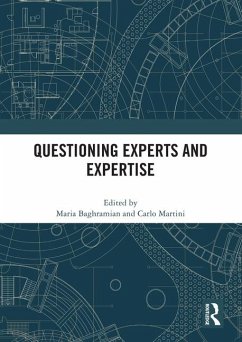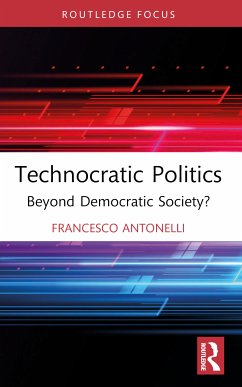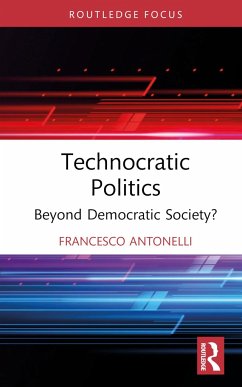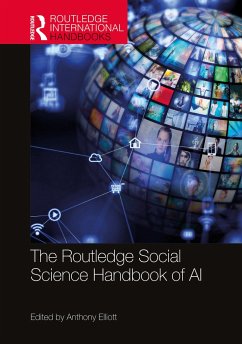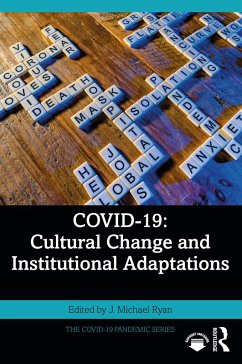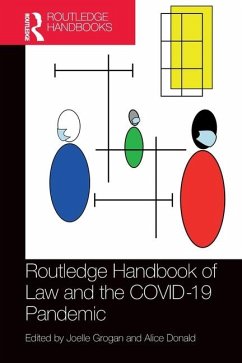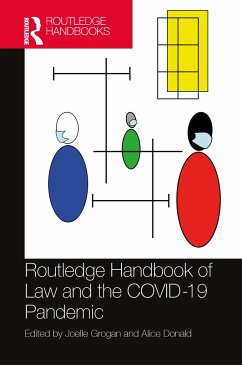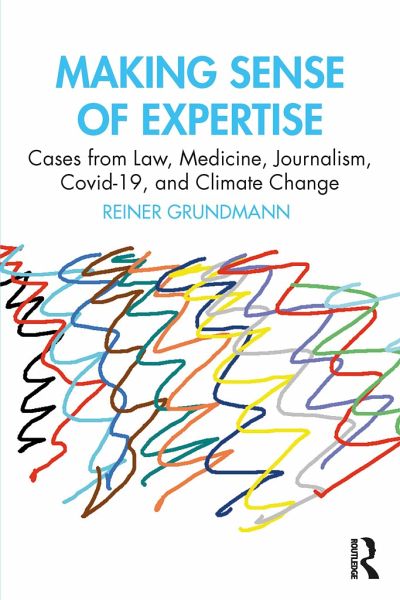
Making Sense of Expertise
Cases from Law, Medicine, Journalism, Covid-19, and Climate Change
Versandkostenfrei!
Versandfertig in 6-10 Tagen
38,99 €
inkl. MwSt.
Weitere Ausgaben:

PAYBACK Punkte
19 °P sammeln!
Current debates about experts are often polarized and based on mistaken assumptions, with expertise either defended or denigrated. Making Sense of Expertise instead proposes a conceptual framework for the study of expertise in order to facilitate a more nuanced understanding of the role of expertise in contemporary society.Too often different meanings of experts and expertise are implied without making them explicit. Grundmann's approach to expertise is based on a synthesis of approaches that exist in various fields of knowledge. The book aims at dispelling much of the confusion by offering a ...
Current debates about experts are often polarized and based on mistaken assumptions, with expertise either defended or denigrated. Making Sense of Expertise instead proposes a conceptual framework for the study of expertise in order to facilitate a more nuanced understanding of the role of expertise in contemporary society.
Too often different meanings of experts and expertise are implied without making them explicit. Grundmann's approach to expertise is based on a synthesis of approaches that exist in various fields of knowledge. The book aims at dispelling much of the confusion by offering a comprehensive and rigorous framework for the study of expertise. A series of in-depth case studies drawn from contemporary issues, including the climate crisis and the COVID-19 pandemic, provide the empirical basis of the author's comprehensive approach.
This thought-provoking book will be of great interests to students, instructors and researchers in a range of fields in the humanities, social sciences, and science and technology studies.
Too often different meanings of experts and expertise are implied without making them explicit. Grundmann's approach to expertise is based on a synthesis of approaches that exist in various fields of knowledge. The book aims at dispelling much of the confusion by offering a comprehensive and rigorous framework for the study of expertise. A series of in-depth case studies drawn from contemporary issues, including the climate crisis and the COVID-19 pandemic, provide the empirical basis of the author's comprehensive approach.
This thought-provoking book will be of great interests to students, instructors and researchers in a range of fields in the humanities, social sciences, and science and technology studies.





